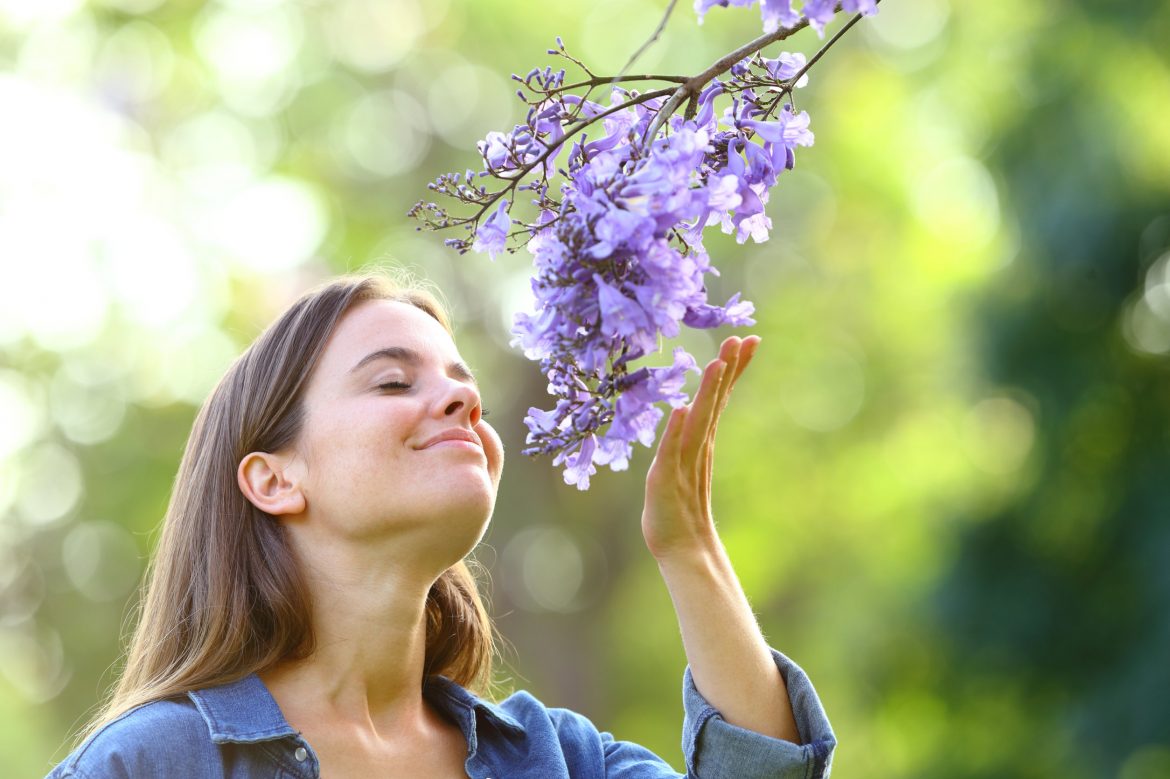
Are You Tuned into Nature?
I took a walk in the woods and came out taller than the trees.
—Henry David Thoreau
Health is not only the absence of illness but also the evergreen presence of wellbeing and happiness. As you may know from personal experience, how we feel – physically and mentally – is often influenced by the environment we live in. In fact, there have been several studies documenting the effects of time spent in nature on mental health.
To dive deeper into the subject of wellbeing as it relates to mental health, Dr. Miles Richardson from the University of Derby and colleagues did a study examining the effects of five nature-related factors on wellbeing. These factors include nature connectedness, time in nature, engagement with nature through simple activities, indirect engagement with nature and study of nature.
Dr. Richardson and colleagues’ study is based on an online survey that was commissioned by The National Trust, a non-profit organization dedicated to preserving the UK’s heritage sites in order to examine people’s relationship with nature. More than 2,000 people between the ages of 16 and 55+ participated in the survey in 2019.
In the survey, the participants were asked about how many days they spend more than an hour in nature and the kinds of activities they engaged in while in nature such as smelling flowers and bird watching. The participants were also asked whether they watched anything on TV related to nature like documentaries or read books about wildlife.
When the researchers analyzed all five factors discussed above side by side, they came across a new pattern that has not been recognized before. In the context of wellbeing versus illbeing, time spent in nature did not make a significant difference. However, nature connectedness and doing simple activities in nature stood out as significant in relation to happiness and feeling that life is worthwhile.
What do the researchers mean by simple activities done in nature? They note that relaxing in the garden and smelling wildflowers were the only significant items on the list. So, the simple act of reveling in the beauty of nature seems to give just enough boost to power up wellbeing.
As the researchers suggest, “Being connected and engaging with nature generally involves spending time in nature, yet time in nature is not necessarily driven by a close connection with nature.” In other words, it is not how much time you spend in nature that matters but how well you connect with nature on a personal level that really makes a difference in wellbeing.
What are some ways you can develop a relationship with nature today?
REFERENCES
- 1. Richardson, M., Passmore, H-A., Lumber, R., Thomas, R., & Hunt, A. (2021). Moments, not minutes: The nature-wellbeing relationship. International Journal of Wellbeing, 11(1), 8-33. https://doi.org/10.5502/ijw.v11i1.1267
